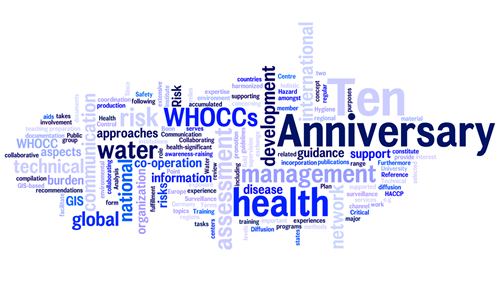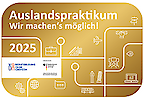WHO Collaborating Centre for Water Management and Risk Communication for Health

What is a WHO Collaborating Centre (WHOCC)?
To carry out its wide range of tasks, the WHO relies on a global network of Collaborating Centres (WHOCCs). These perform important functions at the international level in exchanging information, experiences, and knowledge between countries and WHO regions. The WHO relies on national organizations to manage international tasks. Therefore, the WHOCCs are part of an inter-agency collaborative network established to support WHO programs at the regional, interregional, national, international, and global levels.
WHOCCs support the WHO in two main ways:
- Contributions to programs of global interest
- Technical cooperation regarding national health development
The WHOCC network also serves as a platform for technical cooperation among the organization's member states.
In Europe, 358 WHOCCs support the work of the WHO. The Institute of Hygiene and Public Health at the University of Bonn is one of 34 WHOCCs in Germany.
Mission
Surveillance of the Prevalence of Waterborne Diseases
Development of holistic and GIS-supported approaches for monitoring and assessing the prevalence of waterborne diseases.
Risk Assessment
Assessment of risks from environmental influences on human health and further development of GIS methods for health risks.
Risk Management
Further development of holistic water management approaches, e.g., Water Safety Plans, taking into account GIS techniques as well as the HACCP (Hazard Analysis Critical Control Point) concept.
Health Risk Communication
Regular research and compilation of publications, experiences, and recommendations on risk communication in the field of environment and health.
Documentation of Technical Instructions
Supervision and coordination in the development of technical guidelines on selected topics.
Dissemination of Health Risk Information
Creation and dissemination of manuals, teaching aids, and information materials on health-related aspects of water management and risk communication.
Training/Continuing Education
Organization of group training courses in the context of health-promoting measures, water management, and risk communication.


















